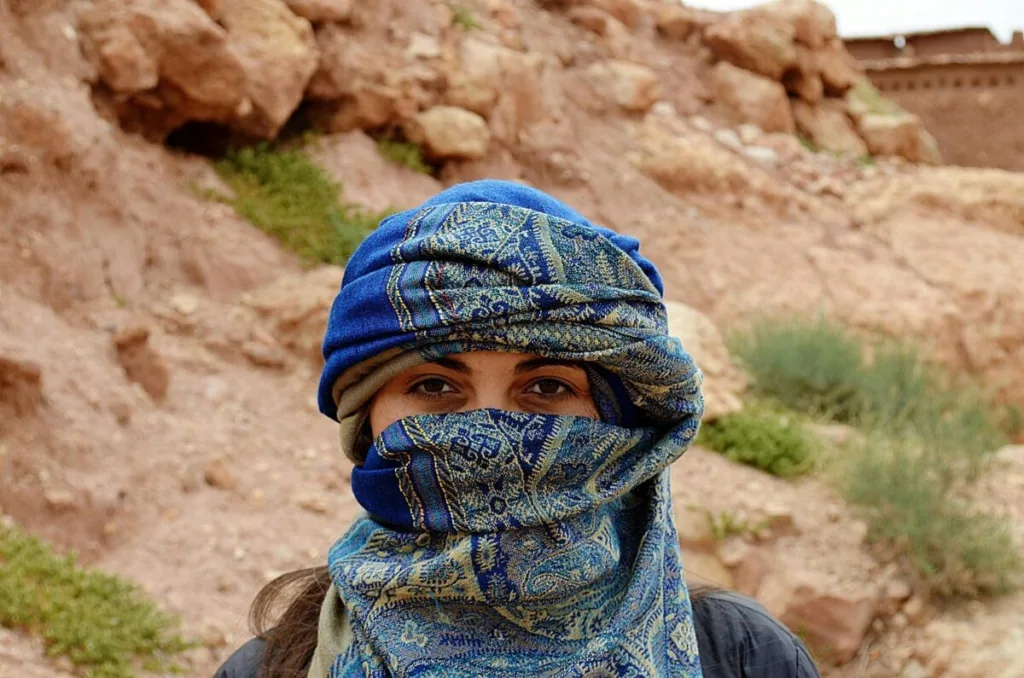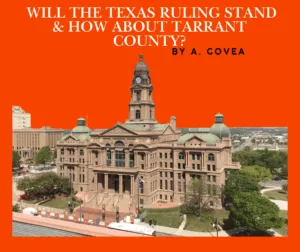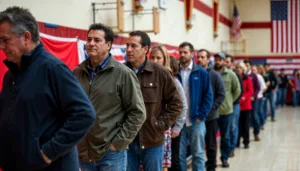Jul 22, 2025
“Women and girls were used as a political justification for U.S. military intervention in Afghanistan, and now they are being turned away when they seek safety here.” — Laila Ayub, director of Project ANAR.

(Maria Darii photo via Unsplash)
In a sweeping move that immigrant rights advocates say endangers decades of progress for women seeking refuge in the United States, the Board of Immigration Appeals last week issued a decision that sharply limits the ability of women and girls to seek asylum on the basis of gender-based persecution.
The ruling issued July 18, in a case known as Matter of KESG, could have far-reaching implications for survivors of domestic violence, human trafficking, and sexual assault.
“This decision attempts to turn back the clock on women’s rights,” said Neela Chakravartala, Associate Director of Litigation at the Center for Gender and Refugee Studies, who also serves as co-counsel in the KESG case. “It signals to immigration judges that women’s claims shouldn’t be taken seriously. And that is incredibly dangerous,” she noted at a July 22 news briefing.
Reshaping Asylum Law
At issue is whether “women,” or more specifically “Salvadoran women,” can be recognized under immigration law as a “particular social group” — one of five protected categories under which asylum may be granted. For years, gender-based claims have been considered valid under both U.S. law and international refugee conventions. But the BIA decision in KESG states that such a group is “too broad.”
The ruling comes amid broader efforts by the Trump administration to reshape immigration law through judicial decisions and internal rulemaking. “This is one of the first moves they’re making to try to reverse the progress made for women and girls seeking asylum,” Chakravartala said.
For Anabel, a Salvadoran woman and former asylum seeker, the KESG ruling is a painful reminder of her own harrowing experience. “It was very sad when I was denied asylum,” she said during the press briefing. “I had three children, and I was always praying everything would work out. When they tell you that you have to go back to a place where you are in danger, it’s devastating.”
‘Women Are Dying’
”Many women have been sent back to their countries, and they die. Men abuse us. They hit us. Our struggle is continuous,” said Anabel, speaking in Spanish.
Anabel eventually won her case, but only after years of legal battles and a change in administration. “Now I’m with my children. But I know many women who never got that chance.”
Legal experts stress that while the BIA decision does not outright ban gender-based asylum claims, it sets a chilling precedent and complicates the path to protection.
‘Unnecessary Barriers’
“This decision does not mean that women fleeing gender-based violence are now ineligible for asylum,” said Kursten Phelps, litigation counsel at the Tahirih Justice Center, another co-counsel in the KESG case. “But it throws up unnecessary barriers. It increases the burden on survivors to relive their trauma in greater detail, and increases the time, resources, and legal complexity required to win their case.”
“We’re seeing women at the border, at airports, who have meritorious claims but never even apply because they’re told, implicitly or explicitly, that their experiences don’t count,” she said.
Afghan Women and Girls
The ruling’s ripple effects are especially alarming for Afghan women and girls, many of whom arrived in the U.S. after the Taliban retook power in 2021.
“This decision is a betrayal,” said Leila Ayub, director of Project ANAR, an Afghan American women-led immigration justice group. “Women and girls were used as a political justification for U.S. military intervention in Afghanistan, and now they are being turned away when they seek safety here.”
“Our clients are students, mothers, and teenagers. They fled because they had no choice. And now they face deportation to a regime that denies them the right to go to school or walk alone,” said Ayub.
Last October, the European Court of Justice ruled that Afghan women can qualify categorically as a “particular social group” under asylum law. “Other nations are moving forward. The U.S. is moving backward,” said Ayub.
Legal Action
“We’ve been here before,” said Chakravartala, referring to Matter of A-B — Anabel’s case —a Trump-era case that sought to dismantle protections for domestic violence survivors. “That decision was reversed after three years of litigation and public outcry. We’re ready to fight back again. And we’re confident we’ll win.”
For now, CGRS and its partners are exploring legal options, including a possible appeal to federal court.
“This isn’t over,” said Professor Sabrineh Ardalan of Harvard’s Immigration and Refugee Clinic, another attorney on the case. “The decision does not declare that women are ineligible for asylum. Each case must still be judged individually. But it sets a troubling tone.”






